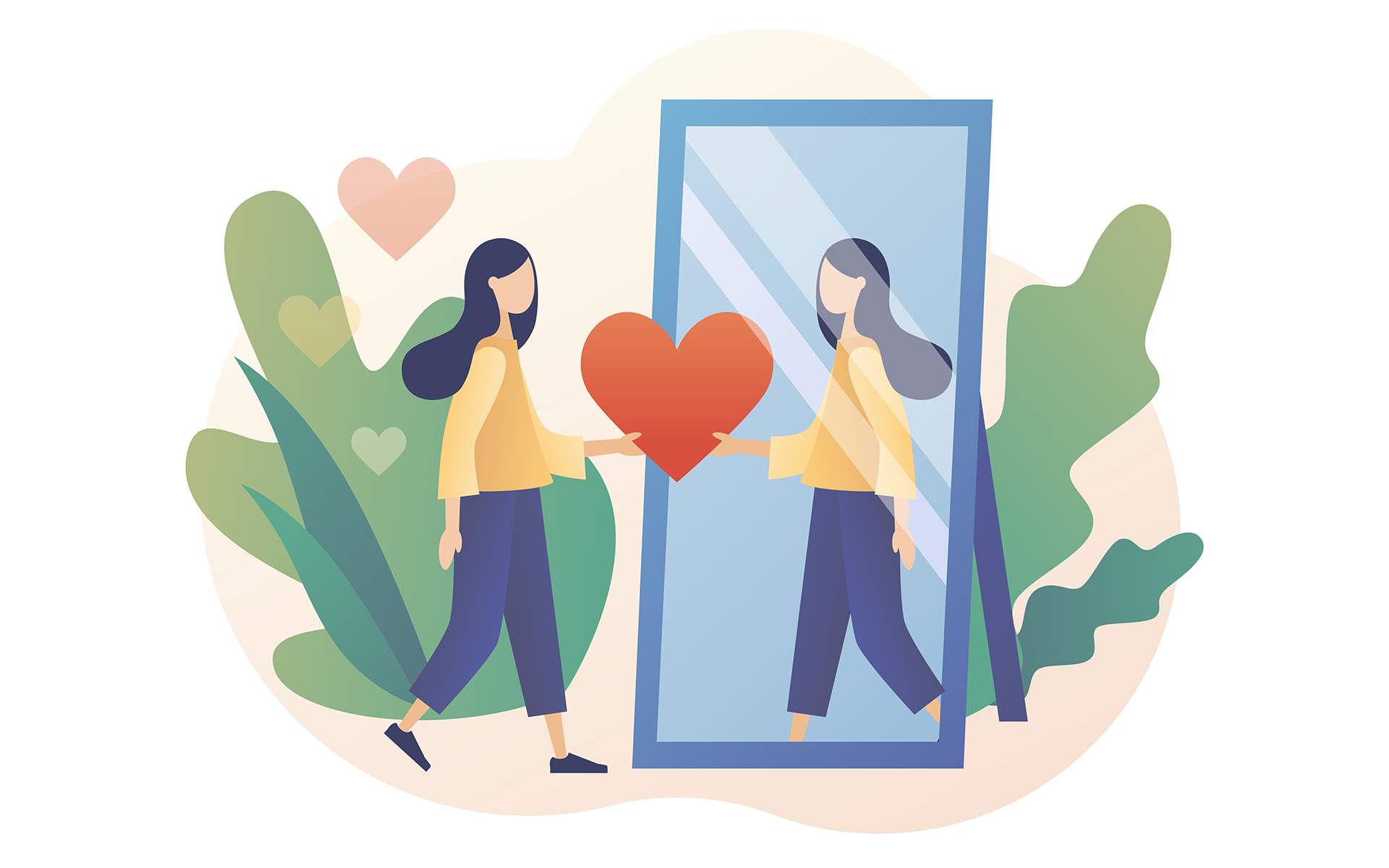Today is World Kindness Day. It’s a good reminder to ask: Are you remembering to give yourself kindness, too? We often find it easy to show acceptance and caring toward other people, while the sneaky voice of our inner critic resists turning that kindness inward.
We can notice this tendency before making an important decision or doing something for the first time, when a tiny voice inside our head says: “You can’t do that.” Moments of self-doubt are a normal part of life, but indulging the inner critic can become a habit that paralyzes us, sometimes leading to fear, depression, and anxiety.
A little daily mindfulness practice interrupts the mental habit of self-doubt, according to research. It allows you to recognize that voice for what it really is—simply a thought, not a fact. Here are three ways to soothe your inner critic through kindness.
3 Ways to Be Kind to Your Inner Critic
1) Surround yourself with supportive people. By building a community of people who care about you, you can boost your confidence and be reminded that you’re worthy of kindness. “Rather than being an island unto yourself, accepting and relying on the help of others builds a sense of accountability to your community, inspiring you to be the best version of yourself,” writes Shelly Tygielski. Check out her four tips for building your community of care.
2) Recognize when self-doubt springs up. “As long as we judge ourselves harshly, it can feel as if we’re making progress against our many flaws,” writes Sharon Salzberg. “But in reality, we’re only reinforcing our sense of unworthiness.” Explore this meditation to bring fresh eyes to your inner critic and break free from its grip.
3) Take a self-compassion break. Self-compassion may sound selfish, but it’s actually key to remembering that we’re connected to all other human beings, past and present—after all, everyone you meet has experienced some degree of suffering. “The pain I feel in difficult times is the same pain you feel in difficult times,” write Kristin Neff and Christopher Germer. Knowing this, we can cultivate compassion for ourselves as part of this big, messy human experience. Try it with this five-minute guided practice.
READ MORE
3 Ways to Be Kind to Yourself When You’re Feeling Blue
Feeling unwell can be hard work sometimes—and that might be a sign that it’s time to stop trying so hard. Taking the mindful path means making room for suffering, too.
Read More
Just One Thing: Be Kind to Yourself by Being Kind to Others
We think of kindness as something we do for others. But Rick Hanson says kindness is a two-way street.
Read More
How to Avoid the Trap of Self-Improvement
Recognize the inner critic who wants nothing to do with compassion.
Read More









